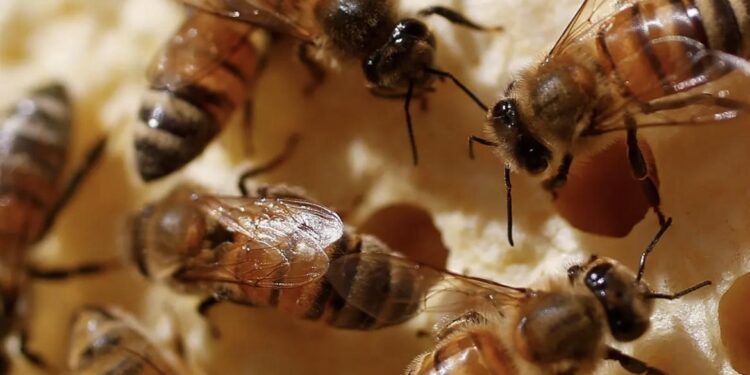Climate change has caused numerous problems for beekeeping in Iraq, including global warming, which has reduced the number of bees, and dust storms that have led to bee dispersion and loss. The scarcity of water and lack of nectar sources have also contributed to a decline in bee production, leading to the destruction of many beehives. As a result, apiary owners like Bashir Haidar have been forced to stop producing honey. Haidar, who owns an apiary in Iraq, has seen a decrease in his bee population from 300 to 100 due to these issues.
The impact of climate change on beekeeping in Iraq is so severe that the country is ranked as the fifth most vulnerable nation in the world, according to the United Nations. As a consequence, the demand for locally produced honey has declined, with customers opting for cheaper imported brands. Haidar’s apiary is not the only one that has suffered; many others in Najaf and across Iraq have also closed due to these issues.
In summary, the adverse effects of climate change on beekeeping in Iraq have been significant, resulting in a decrease in bee production and the destruction of beehives. This has led to apiary owners like Haidar being forced to halt production, while the demand for locally produced honey has decreased due to the availability of cheaper imported brands. The situation has become so critical that Iraq is ranked as one of the most vulnerable countries in the world to the climate crisis.
Saturday, July 27, 2024










